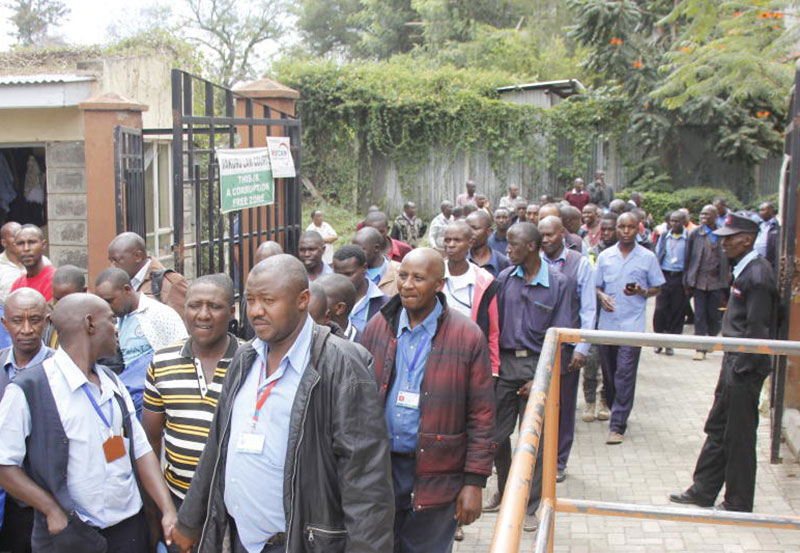×
The Standard e-Paper
Home To Bold Columnists

I woke up yesterday at about 3am to prepare to travel from Nakuru for a training with the BBC at ihub offices in Kilimani, Nairobi.
I arrived at the booking office early since I had anticipated a transport crisis, due to an impending crackdown on matatus that are not compliant with "Michuki rules".